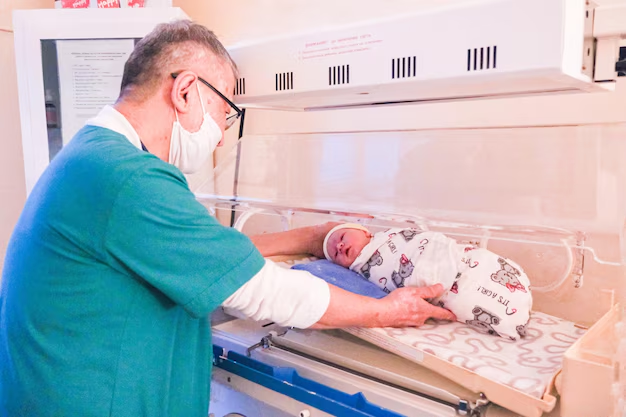How to Become a NICU Nurse Practitioner: Degrees, Certifications, and Licenses
Embarking on the journey to become a Neonatal Intensive Care Unit (NICU) Nurse Practitioner is both rewarding and demanding, requiring specific educational backgrounds and certifications. At the heart of this path is obtaining a registered nursing (RN) license through a Bachelor of Science in Nursing (BSN) program, which lays the foundational knowledge in nursing principles and patient care. Following this, aspiring NICU Nurse Practitioners must pursue further education by obtaining a Master's of Science in Nursing (MSN) or a Doctor of Nursing Practice (DNP) with a specialization in neonatal care. This advanced education equips students with the critical skills needed to support the health of newborns in critical conditions.
Aside from attaining these degrees, a crucial step is obtaining board certification as a Neonatal Nurse Practitioner (NNP) through the National Certification Corporation (NCC). This certification validates one's specialized expertise in neonatal intensive care and is indispensable for practicing as a NICU Nurse Practitioner. Additionally, gaining practical experience in neonatal units is recommended to develop hands-on skills and proficiency in the field. Together, these educational achievements and certifications not only enhance one’s qualifications but significantly bolster the quality of care delivered to the fragile infants in NICUs.
Key Educational Pathways and Credentials
- 🎓 Bachelor of Science in Nursing (BSN): Essential for becoming a Registered Nurse.
- 🎓 Master's of Science in Nursing (MSN) or Doctor of Nursing Practice (DNP) with Neonatal Specialization: Required for advanced practice.
- 🧾 Registered Nurse (RN) License: Obtainable post-BSN program and crucial for practice.
- 🏅 Neonatal Nurse Practitioner (NNP) Certification: Offered by the National Certification Corporation.
- 🤝 Neonatal Intensive Care Unit Experience: Recommended for practical skill enhancement.
With these qualifications, individuals are well-prepared to make significant contributions to neonatal care, ensuring the health and well-being of the most vulnerable patients.
